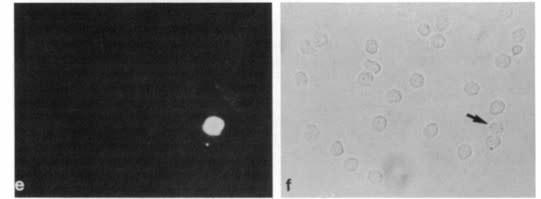
Cat. #157731
Fungi Endoplasmic Reticulum Tracker 2 small molecule (tool compound)
Cat. #: 157731
Sub-type: Fluorescent Probe
Availability: Please enquire for quantities and pricing
Application: Tracking of the ER in live fungal cells (e.g. Candida).
This fee is applicable only for non-profit organisations. If you are a for-profit organisation or a researcher working on commercially-sponsored academic research, you will need to contact our licensing team for a commercial use license.
Contributor
Inventor: Micha Fridman
Institute: Tel Aviv University
Tool Details
*FOR RESEARCH USE ONLY
- Tool name: Fungi Endoplasmic Reticulum Tracker 2 small molecule (tool compound)
- Tool sub type: Fluorescent Probe
- Description: In fungal cells, the endoplasmic reticulum (ER) harbours several of the enzymes involved in the biosynthesis of ergosterol, an essential membrane component, making this organelle the site of action of antifungal azole drugs, used as a first-line treatment for fungal infections. This marker provides specific fluorescent labelling of this organelle in cells of live pathogenic fungi. Specifically, the marker is an antifungal azole-based fluorescent tracking reagent of the ER in live fungal cells...
- Application: Tracking of the ER in live fungal cells (e.g. Candida).
- Selectivity: Highly specific for Endoplasmic Reticulum.
- Solubility: DMSO
- Additional notes: This tracker is optimised for use in fungi, not mammalian or plant cells and has shown superiority to other commercially available ER trackers. It has been evaluated in a panel of Candida, including C. albicans and C. glabrata which are considered the two most common fungal pathogens relevant to human infection. There is weak background signal and high specificity. PMID: 30427174
Handling
- Storage conditions: -15° C to -25° C, light protection
Application Details
- Application: Tracking of the ER in live fungal cells (e.g. Candida).
References
- Benhamou et al. 2018. ACS Chem Biol. 13(12):3325-3332. PMID: 30427174.



